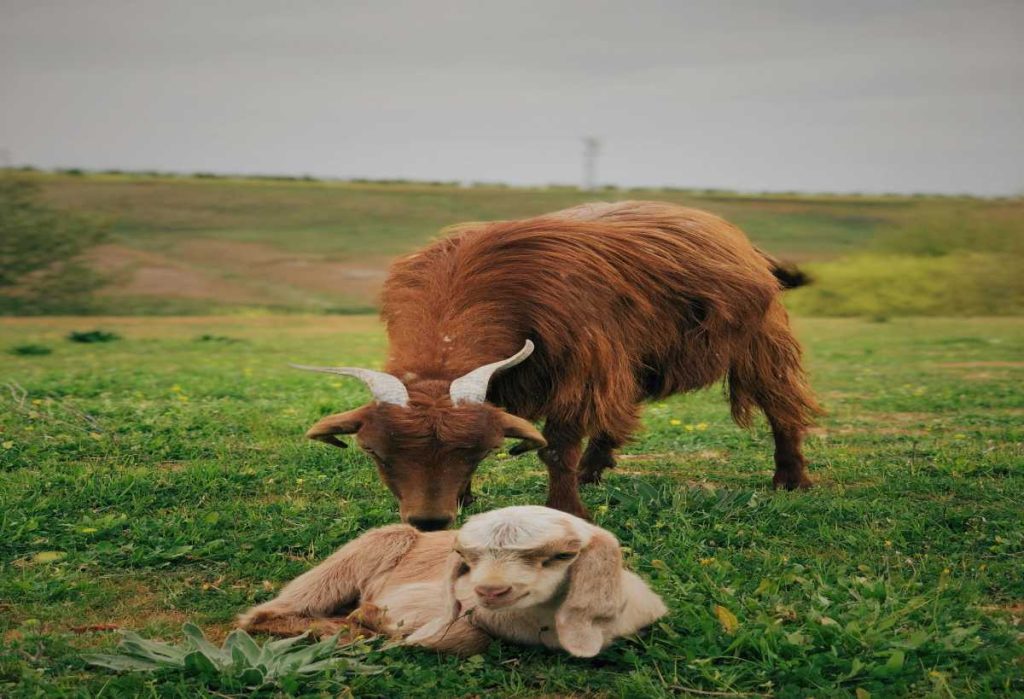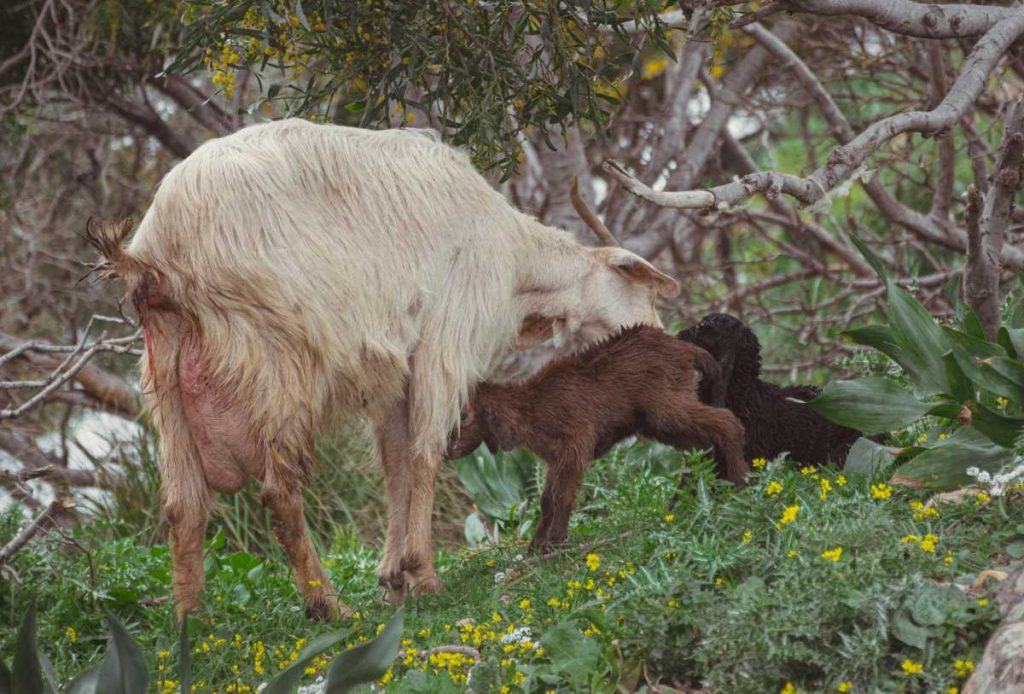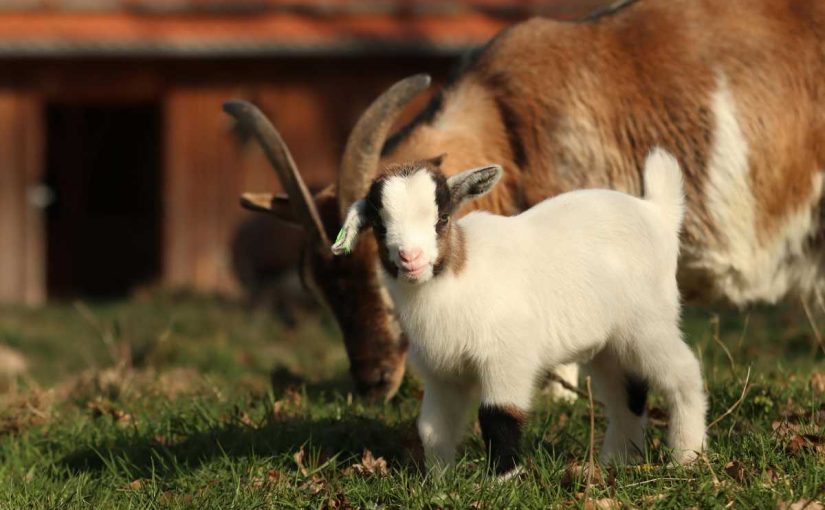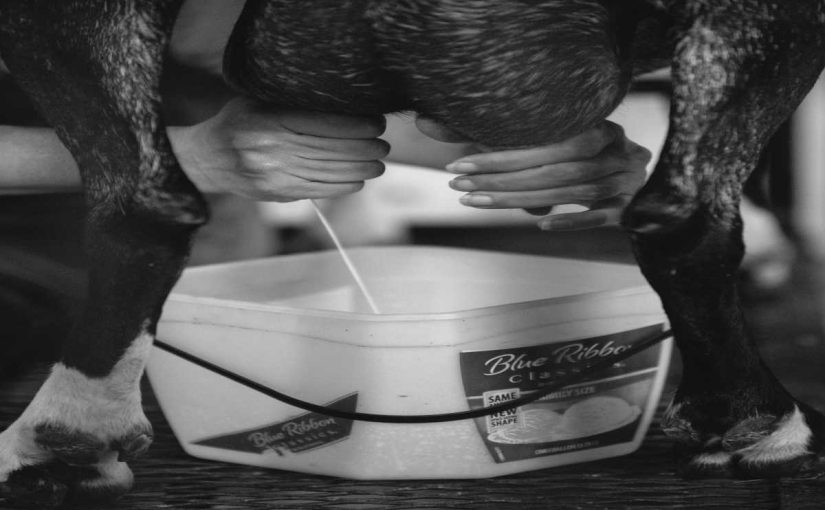Caring for goat kids is both rewarding and challenging. These little animals require specific care to ensure they grow strong and healthy. However, even experienced farmers sometimes overlook certain aspects of kid care, leading to preventable health issues. This guide covers the top five common mistakes to avoid when raising goat kids, helping you give them the best start in life.
1. Inadequate Colostrum Intake
Why This Matters
Colostrum is the first milk produced by the doe after giving birth, rich in essential antibodies that protect the kid from infections. Failure to receive adequate colostrum within the first 24 hours can lead to serious health problems and even mortality.
How to Avoid This Mistake
- Timing is Key: Ensure each kid receives colostrum within the first few hours of life. Colostrum absorption declines rapidly after 12 hours, so early feeding is crucial.
- Monitor for Suckling Problems: If a kid is weak or unable to latch, assist by bottle-feeding with the mother’s colostrum. Always have frozen colostrum on hand as a backup if the mother’s supply is insufficient.
- Check the Quality of Colostrum: Test for quality if you can, as thicker colostrum generally contains more antibodies. Quality colostrum is crucial, especially if you are raising kids in a farm environment with many pathogens.

2. Improper Temperature Management
Why This Matters
Goat kids are especially vulnerable to cold stress, which can quickly weaken their immune systems, leading to hypothermia and even death. Proper temperature management is essential, particularly in colder climates or during winter births.
How to Avoid This Mistake
- Use a Clean, Warm Birthing Area: Ensure the birthing area is dry, draft-free, and insulated. Fresh bedding and even heat lamps can help maintain warmth.
- Warm Up Cold Kids Quickly: If a kid is shivering or appears lethargic, it may be suffering from cold stress. Wrap it in warm towels and, if necessary, use a heat lamp. Monitor closely to prevent overheating.
- Keep Kids Dry: Wet fur can lead to rapid heat loss. After birth, dry each kid thoroughly, and provide a warm, dry environment to prevent chill.
3. Overfeeding or Underfeeding
Why This Matters
Proper feeding is essential for a goat kid’s growth and immune function. Both overfeeding and underfeeding can lead to health complications such as bloat, diarrhea, or poor development.
How to Avoid This Mistake
- Follow a Feeding Schedule: Feed goat kids small, frequent meals rather than large ones, especially if bottle-feeding. This helps avoid digestive issues.
- Monitor Weight and Growth: Weigh kids regularly to ensure they are gaining weight consistently. If a kid is not growing, it may be a sign of inadequate feeding or a health issue.
- Use the Right Formula: If you’re bottle-feeding, use a milk replacer specifically designed for goat kids. Avoid cow’s milk, which can cause digestive problems in goat kids.
4. Ignoring Parasite Prevention
Why This Matters
Goat kids are highly susceptible to parasites, which can cause anemia, weight loss, and other health issues. Worm infestations, in particular, can be life-threatening if left untreated.
How to Avoid This Mistake
- Regular Fecal Testing: Have a veterinarian check fecal samples to monitor for parasites. Catching infestations early allows for prompt treatment.
- Maintain a Clean Living Environment: Remove manure frequently, keep bedding clean, and avoid overcrowding to reduce exposure to parasites.
- Rotate Pastures if Possible: If you have pasture-raised goats, rotate grazing areas to reduce the risk of parasite buildup in the soil.
5. Delaying Vaccinations and Health Checks
Why This Matters
Vaccinations protect goat kids from various diseases, including enterotoxemia (overeating disease) and tetanus. Delaying or skipping vaccinations increases the risk of these life-threatening illnesses.
How to Avoid This Mistake
- Start Vaccinations Early: Begin vaccinations according to veterinary recommendations, often starting at a few weeks old. CDT (Clostridium perfringens types C and D and tetanus) is a common initial vaccine.
- Monitor for Illness: Regularly observe each kid for signs of illness, such as loss of appetite, lethargy, or abnormal behavior. Quick action can prevent minor issues from becoming serious.
- Keep Records: Document each kid’s vaccination dates, treatments, and health history. This record-keeping helps you stay on track with vaccinations and provides useful information for future care.
Conclusion: Raising Healthy, Happy Goat Kids
Caring for goat kids requires attention to detail, especially in their first few weeks of life. Avoiding these common mistakes—such as ensuring colostrum intake, managing temperature, feeding properly, preventing parasites, and staying on top of vaccinations—will help you raise healthy, resilient goats. By following these best practices, you’ll set your goat kids up for success and enjoy a thriving herd.




